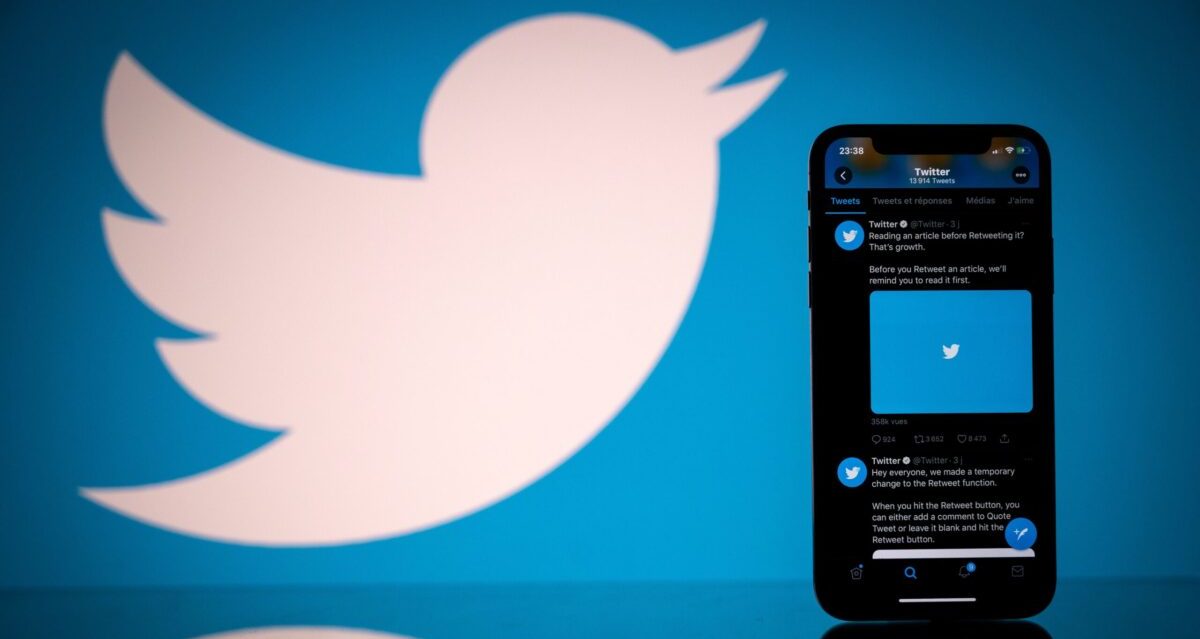Twitter has been facing scrutiny in recent months and shown the world what kind of policing its platform is capable of. While banning thousands of conservative accounts and labeling tweets with “misinformation” tags, the Big Tech platform has still allowed child sex abuse materials to remain on their site. It’s time to regulate the private tech companies that do whatever they want and have too much power at the current moment.
Back in January, the social media company Twitter was sued for refusing to take down a child sexual exploitation video that was retweeted thousands of times and had at least 167,000 views on the platform. The minor and his mother repeatedly contacted Twitter about the content, but they reported back that the video in question did not violate any of their policies. Big Tech has been hiding behind the immunity under Section 230 of the Communications Decency Act for quite some time now and as the lawsuits pile up, it’s time for things to change.
In March, Twitter was fined a total of 8.9 million rubles ($116,778) by a Russian court for failing to remove banned content on its platform including urging minors to take part in illegal protests, promoting drug use, and the spread of child pornography. They warned Twitter that they would slow down access to the Twitter platform to protect its citizens from harmful content.
“With the aim of protecting Russian citizens and forcing the internet service to follow the law on the territory of the Russian Federation, centralized reactive measures have been taken against Twitter starting March 10, 2021 – specifically, the initial throttling of the service’s speeds, in accordance with the regulations. If the internet service Twitter continues to ignore the demands of the law, measures against it will continue in accordance with the regulations, up to and including blocking it,” the statement reads.
In April announcements, Twitter is being sued by the National Center on Sexual Exploitation Law Center, The Haba Law Firm, and The Matiasic Firm, on behalf of another sexual abuse survivor who was trafficked on the site. A law enforcement officer eventually had to contact Twitter and have direct involvement in forcing the company to remove the pornographic material. Section 230 doesn’t apply to platforms that knowingly facilitate sex trafficking. The sexual abuse survivor case is joining the lawsuit of the original January case under the names John Doe #1 and John Doe #2.
“These two young men have suffered severe anguish and trauma at the hands of Twitter. Twitter had everything it needed to do the right thing and prioritize the safety and privacy of these young children before its own profits. Our lawsuit seeks to hold Twitter accountable for knowingly profiting from the sexual abuse and trafficking of children and the re-victimization of these two boys,” said Lisa Haba, a partner at the Haba Law Firm.
Peter Gentala, senior legal counsel for the National Center on Sexual Exploitation Law Center, shares that the boys were solicited and recruited for sex trafficking on the site. The site had refused to remove the illegal material from their site and continued to promote the sexual abuse content.
“Twitter has profited from the knowing distribution of child sexual abuse material depicting these two young men when they were children, and it must be held accountable. Twitter cannot sweep under the rug the fact that it both allowed child sexual abuse material on its site and refused to remove it,” Gentala said.
According to social media platforms, it is their ‘societal obligation’ to block every ‘misinformed’ conservative post in the world but too far of a reach to block the inappropriate sexual content involving minors. With lawsuits piling up, it’s time to question whether Section 230 is constitutional or not and allow those who have been affected to sue these platforms for unlawful activity.


